Urchin and the Heartsone, the sequel to Urchin of the Riding Stars, is easily one of the most beautiful books I have read this year. And, I read a lot of good books.
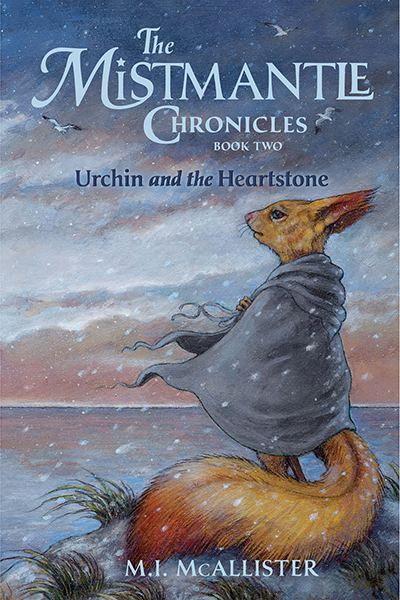
In my review of the first Mistmantle book, Urchin of the Riding Stars, I mention that I was surprised and delighted by Urchin and his adventures. I said the opening was interesting (it is), the writing was elegant (absolutely so), the characters were delightful (they are), and it was a joy to read aloud (it truly was). All of that is also true about Urchin and the Heartstone and more so.
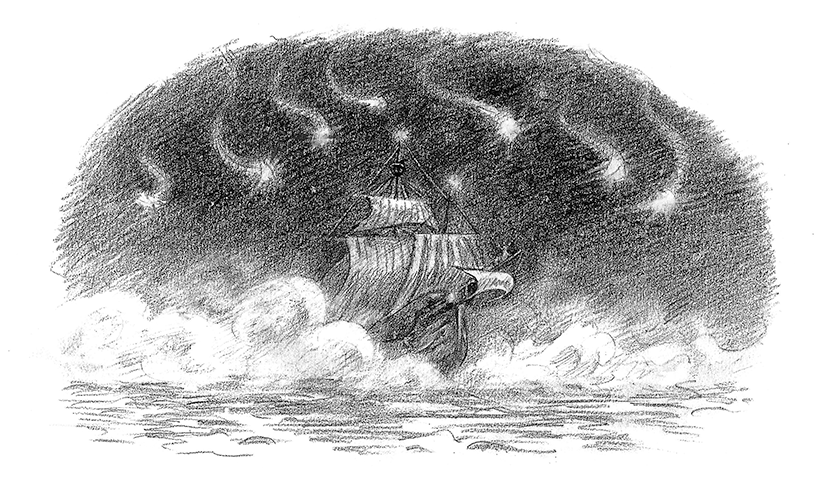
“The Heart is wise and Mistmantle is small. Small and beautiful. The mists were put there to protect us from attack. Our own animals who leave by water cannot return by water. That means that exiles who brought war and misery to our island cannot recruit an army to return and do it all again. But the mists are not there to keep out the valiant and the true.”
One of the things that delighted me with Urchin of the Riding Stars was the character of Brother Fir, a priest of the Heart. Brother Fir is gentle and loving, but he is also wise and powerful in just the right way. Mistmantle is an island beloved and protected by the Heart. Because these animals have free will as we do, however, there will always be the threat of ruin from creatures who choose to serve evil instead of good. When such creatures present themselves, the heroes of Mistmantle rally and work to defeat the evil. What we learn in Riding Stars is that all of that work is supported by the prayers of Brother Fir and his sacred work as a priest. In particular, Urchin and his friends discover an underground tunnel where evil was worshiped and nourished. In that place, Brother Fir fights the most important battle by cleansing that space with blessed candles and much prayer. I thought this was a truly beautiful way of incorporating a spiritual element into this story world. And, in Heartstone, the spiritual war moves to center stage in just the same elegant way.
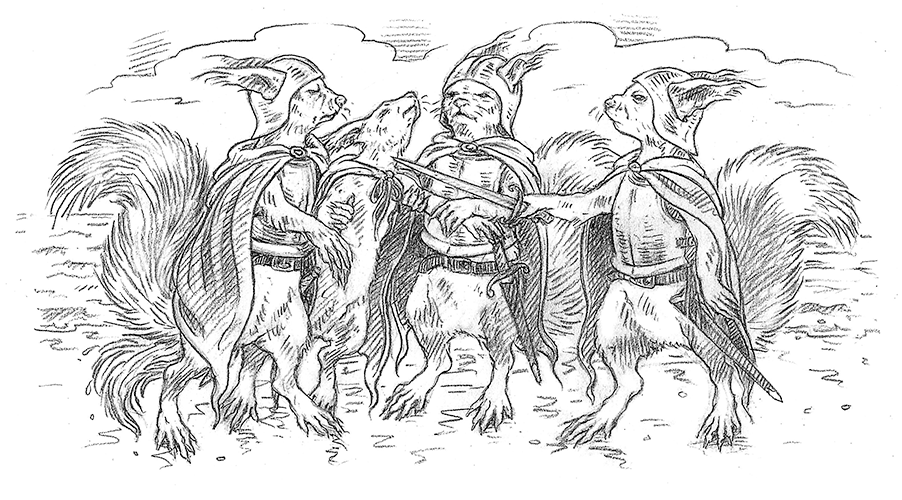
“He swallowed hard before he could get the words out, and spoke to the stars. ‘I’m . . . I am Urchin of the Riding Stars. Do you remember me?’ Then he wrapped himself in a blanket, curled up beneath the window and sobbed as quietly as he could . . .”
In Urchin and the Heartstone, Urchin finds himself on a faraway island away from everything he knows and loves. The island of Whitewings is ruled by a deranged usurping king, while the rightful queen and her priest of the Heart are in hiding. The king was once good, but was driven mad through greed and the workings of an evil priest who presents himself as a sorcerer. When Urchin arrives, he is at the mercy of the king and his corrupt band of soldiers, including some familiar traitors. Things are very bad for Urchin, but there is always reason to hope, and the Heart has not forgotten him.
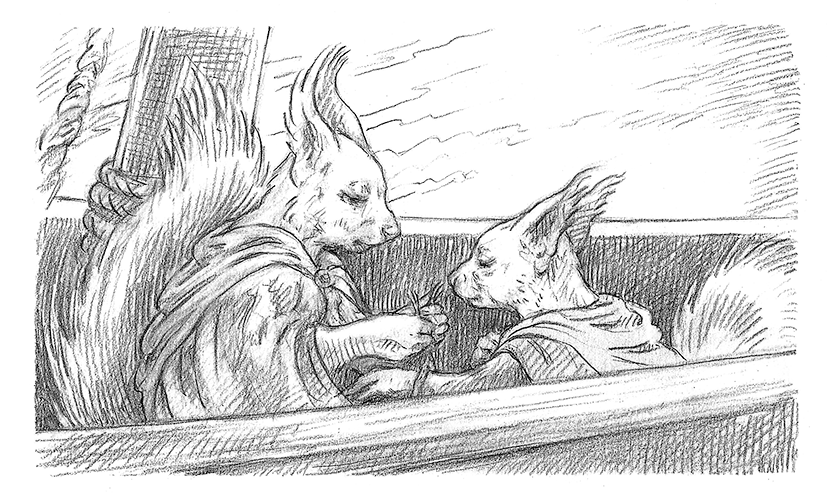
“Cedar opened the small box and held it out to him so that he saw a woven bracelet, old, and a little worn-looking. It looked as if it might be made of squirrel fir, but – and Urchin’s heart beat a little faster as he looked more closely – it was pale fur. It might be darkened a little with age and wear, but other than that, it would be as pale as his own.”
In this delightful sequel to the first Mistmantle book, Urchin learns some of the most important things about himself that he can learn. In addition to learning more of his own story, he learns exactly how courageous and selfless he can be when he feels convicted of the rightness of the cause.
“Urchin is right… I wish he weren’t. He has seen the thing he must do, and he will do it. Whatever Smokewreath can do, he can never make evil magic out of such a true heart. The Heart is stronger than all Smokewreath’s sorcery. The Heart creates, evil can only destroy.”
I have seen some reviewers state that they liked this book less than the first one because Urchin is more of a victim than a hero in this story. In Heartstone, things happen to and around Urchin rather than by him, and they are frustrated by Urchin’s inaction. I disagree with their take. While it is true that Urchin is somewhat immobilized by the events on Whitewings, he has many opportunities to respond rightly. When he is kicked, mistreated, threatened, and cajoled, his non-reactions are meaningful actions. When he is terrified, he prays. When he is afforded the opportunity to trust and obey, he does. Because he has suffered well, when the time comes to do the really hard thing, he does it with tremendous courage. Urchin is in possession of good moral character, and that makes him an interesting character worthy of our attention.
Of late, I have been reading a number of books by male authors and I have loved them. The puzzles of The Mysterious Benedict Society tickle my brain, the battle for good vs. evil in The Green Ember books stirs my passion, the intrigue of Elantris satiates my curiosity, and the prose of A Tale of Two Cities has soothed my soul. After months of reading stories written by men, I have been delighted by the tender and feminine storytelling in the Mistmantle books. M. I. McAllister’s writing is full of grace. She creates characters with maternal care, and loves them into worthy existence. In this sequel, we meet several new characters who charm us and advance the story in significant ways.
“I may be able to help. But I must ask you to pray, because I don’t know if I can do this. Sometimes I don’t really heal them. Sometimes, when it’s beyond my skill, I think the Heart heals them, if they can receive it.”
When Cedar enters into the story, we like her immediately. Loyal to her queen, faithful to the Heart, courageous and smart, Cedar is strong, beautiful, fully alive, and a powerful advocate for the Good. I sincerely look forward to seeing more of this passionate character who is capable of so much good.
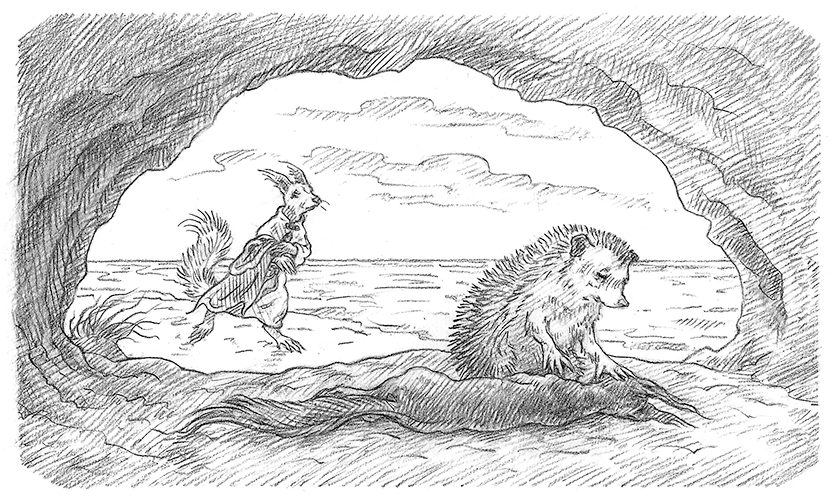
“Urchin’s heart clenched. Mistmantle had adopted him, Apple had raised him, Fir, Crispin, and Padra had protected and encouraged him, but never in all his life had anyone done anything like this for him. A few days earlier, he had thought of Juniper as a younger brother, perhaps the sort who had to be looked after and rescued. It left him ashamed now. He wondered if any of the heroes in the Mistmantle Threadings had done anything so noble.”
A bit like Cedar, we like Juniper right away. At first, however, he seems like a small and weak character who is as much to be pitied as loved. But, Juniper is anything but weak. His “weakness” comes from a deep well of spiritual sensitivity that blends beautifully with strong moral character. By the end of the story, we are sure that we have only just begun to enter into Juniper’s story and, like Cedar, I look forward to knowing Juniper better.
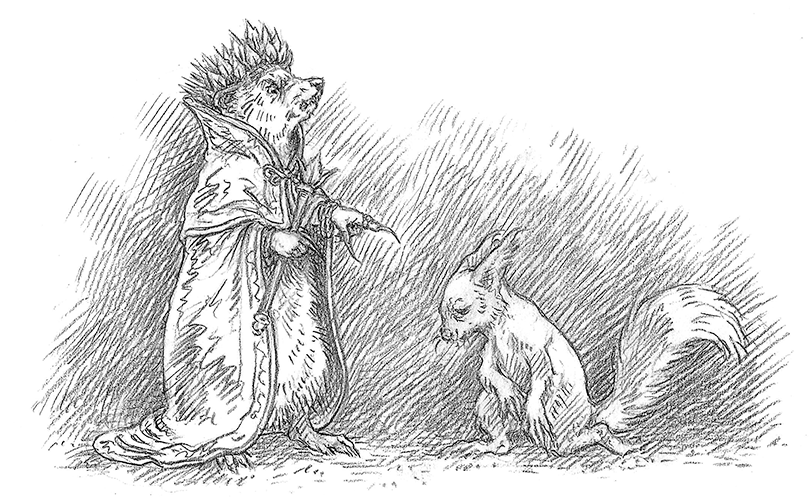
As much as I hated him, I must also mention how well-drawn King Silverbirch is. He is a perfect blend of wicked and insane, and he always leaves us guessing as to what he would do. I particularly enjoyed reading him aloud as his lines are so dramatic and unpredictable.
My children and I so enjoyed this adventure of Urchin’s, and we cannot wait for Purple House Press to reprint The Heir of Mistmantle.
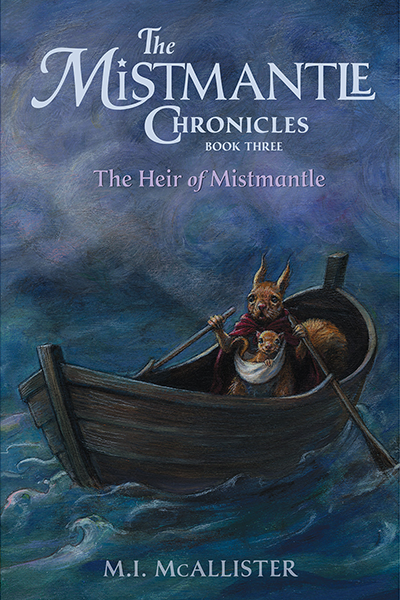
This book can be purchased from Purple House Press here and Amazon here and Bookshop.org (which supports small book stores) here. You can learn more about this book at Biblioguides here.